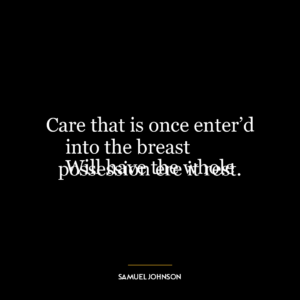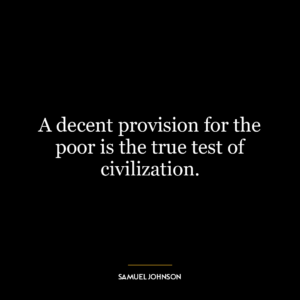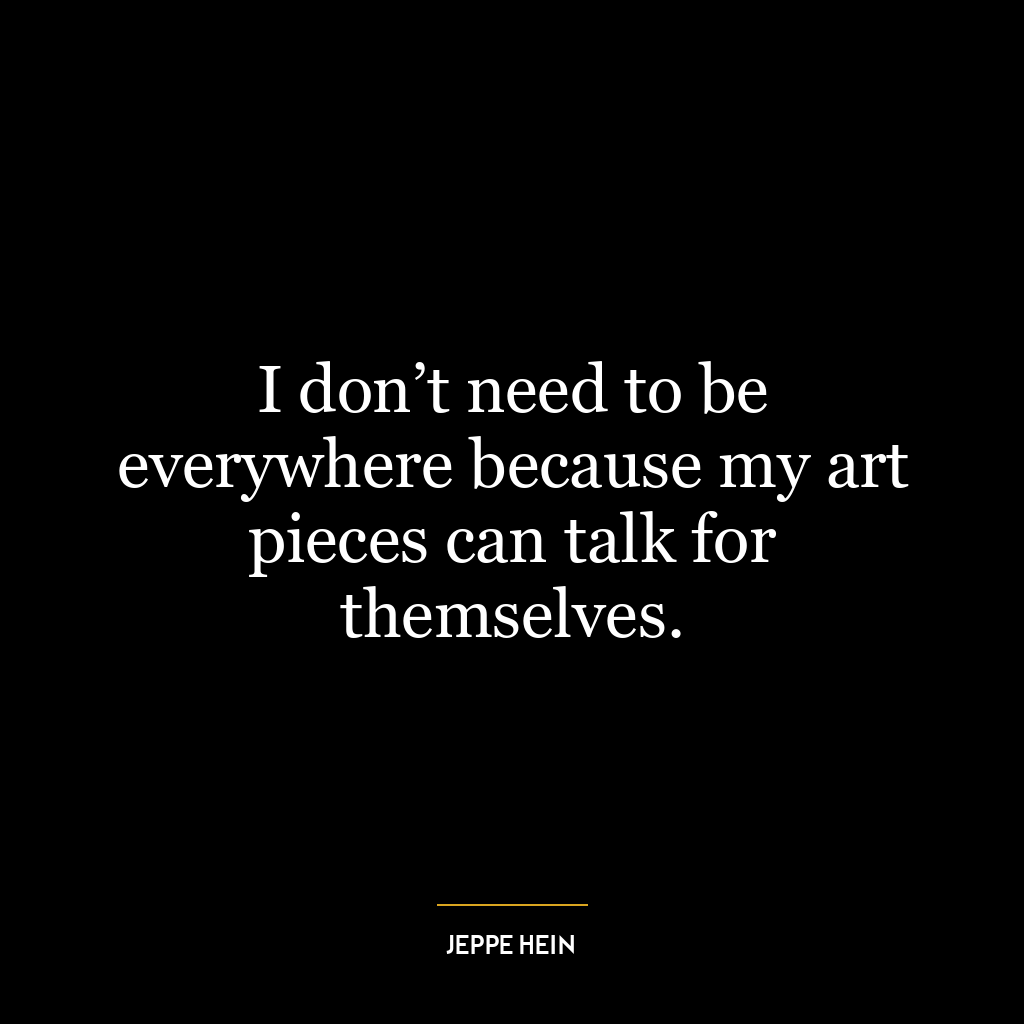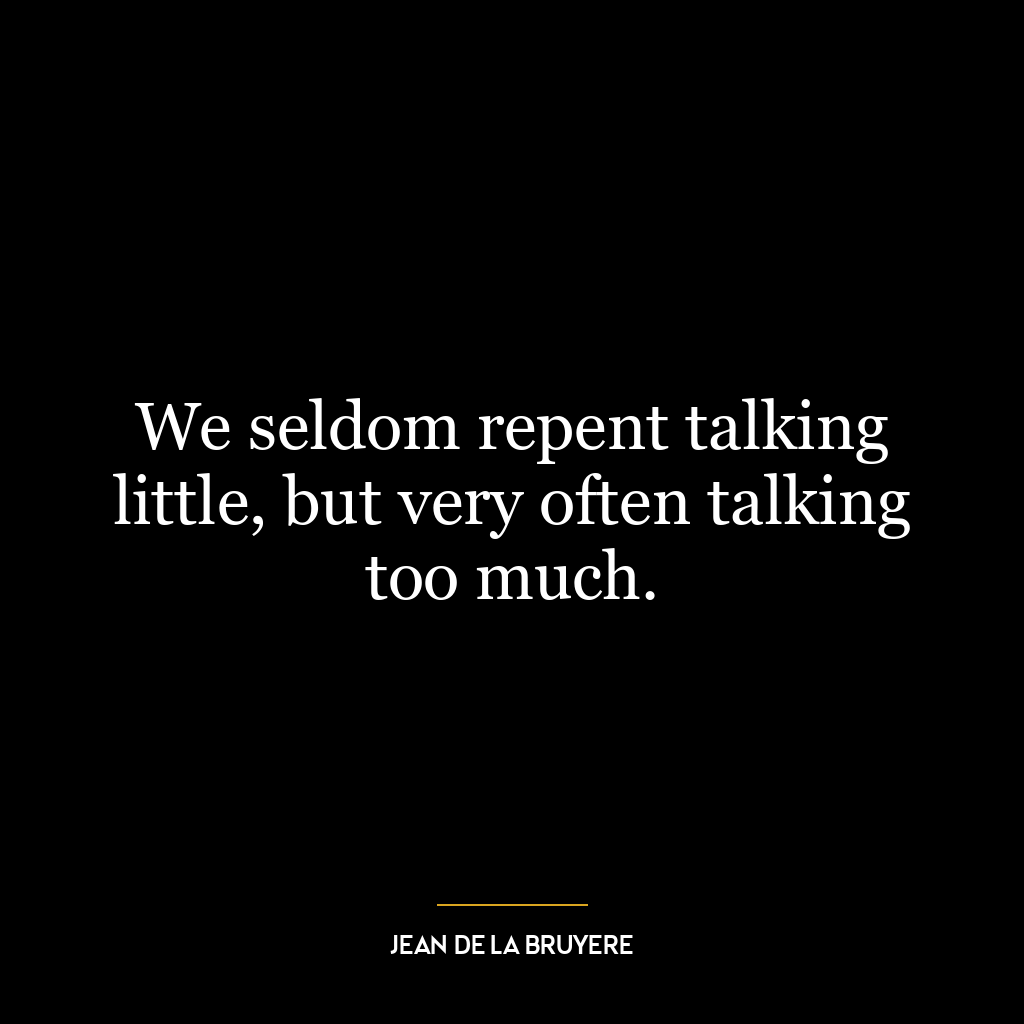This quote suggests that the clarity of our thoughts directly impacts the precision of our speech. If our thoughts are muddled or unclear, it becomes challenging to articulate them accurately. Essentially, clear thinking precedes clear communication.
In today’s fast-paced and information-overloaded world, this idea is more relevant than ever. With so much data and opinions bombarding us from all directions, it’s easy for our minds to become cluttered with half-formed ideas and vague understandings. This can lead to poor communication because we struggle to express what we don’t fully comprehend ourselves.
In terms of personal development, this quote encourages self-reflection and critical thinking. We should strive not just for a breadth of knowledge but also depth—truly understanding concepts rather than merely memorizing facts or parroting popular opinions.
Furthermore, this idea can be applied in improving interpersonal relationships as well; clear communication is key in any relationship whether personal or professional. To communicate effectively with others, one must first have a profound understanding within oneself about what they want to convey.
Moreover, in professional settings such as business negotiations or presentations where precision is crucial—the ability to think clearly and therefore speak with exactness can make the difference between success and failure.
Lastly, on a societal level—this quote underscores the importance of education systems fostering critical thinking skills among students so they can grow into adults who not only think distinctly but also communicate their ideas effectively – thereby contributing positively towards society’s progress.















